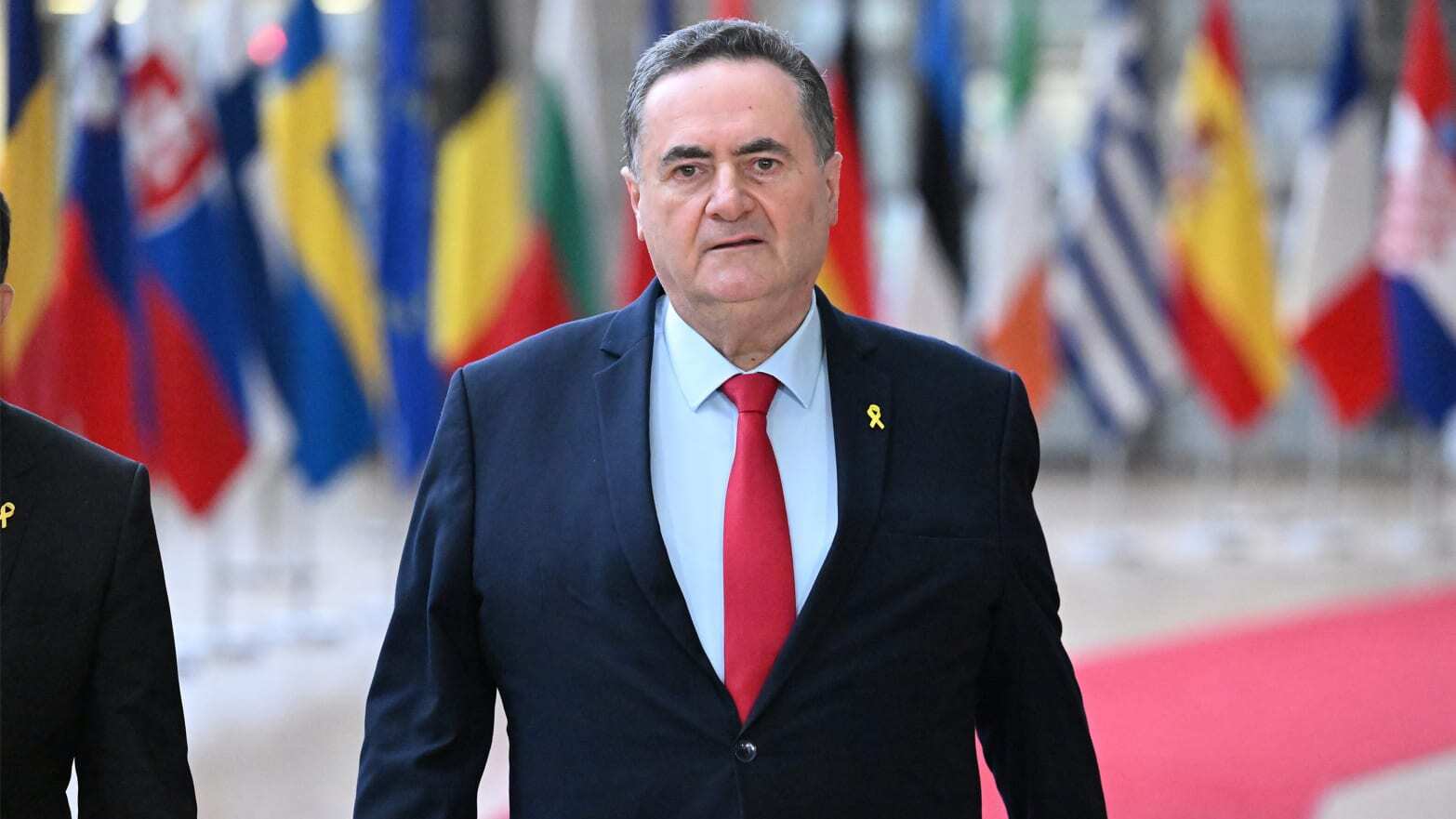An unprecedented diplomatic incident occurred when Israel’s Foreign Minister, Israel Katz, announced that UN Secretary-General António Guterres was declared persona non grata in Israel.
Katz justified the move by accusing Guterres of failing to unequivocally condemn both Iran’s recent missile attacks on Israel and the atrocities committed by Hamas on October 7. This harsh response reflected Israel’s frustration with global leaders perceived as insufficiently critical of its adversaries during a time of intense conflict.
However, Katz’s bold announcement was quickly called into question. Israeli journalist Yanir Cozin reported that, according to sources within the government, Guterres could still enter Israel using his non-diplomatic passport.
This revelation invalidated Katz’s statement, suggesting it was little more than a symbolic gesture with no real diplomatic impact. The incident underscored the complexity of Israel’s diplomatic strategy amidst a rapidly escalating crisis.
The announcement came at a time of heightened tensions in the Middle East, particularly in the wake of Iran’s missile assault on Israeli targets. On October 3, Iran launched around 180 missiles, significantly intensifying the already volatile situation.
The attack, however, was partially mitigated by the intervention of U.S. destroyers in the Mediterranean, which assisted Israel’s Iron Dome missile defense system in intercepting the majority of the incoming rockets.

Israel’s Foreign Minister, Israel Katz
While Iranian authorities claimed that 90% of the missiles struck their targets, Israeli officials maintained that most were intercepted successfully. Despite conflicting reports, the missile attack resulted in at least one reported death in the West Bank, caused by falling debris from the strikes.
The violence also exacerbated the refugee crisis in Lebanon, where Israeli airstrikes had already displaced roughly one million people due to the ongoing conflict with Hezbollah.
Israel has since vowed retaliation for the Iranian missile strike, with Prime Minister Netanyahu labeling the attack a “big mistake” that Iran will soon regret. In contrast, Iran’s President Masoud Pezeshkian defended the missile strikes as a legitimate response to Israeli aggression, emphasizing Iran’s commitment to defending itself and its allies.
This back-and-forth has intensified fears of a deeper, more uncontrollable regional conflict, with diplomatic efforts between the U.S. and France to negotiate a ceasefire now facing serious challenges.
